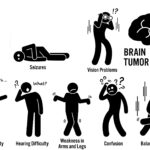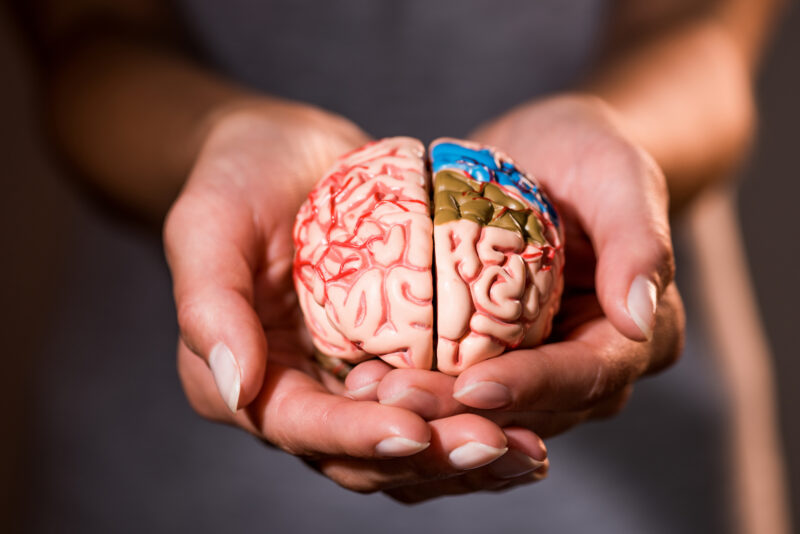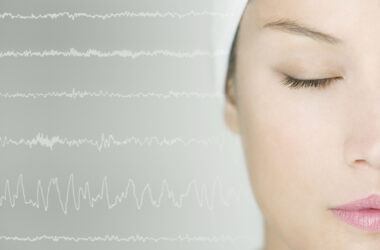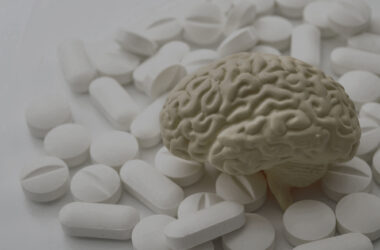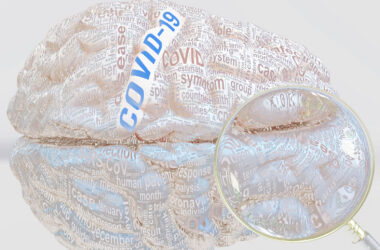As we age, the way we care for our body and more importantly our brain needs to adapt and adjust.
What you did in your 20s is probably not what you’ll do in your 70s or 80s. While a healthy diet, daily exercise and promoting cognitive function through mental exercises is always a good idea for any age, there are five ares that can be especially beneficial for caring for an aging mind.
- Exercise: Various forms of exercise at any age will help encourage a healthier lifestyle. Activities as simple as walking can significant increase mental and physical health as well as slow some of the negative effects of aging. Regular exercise is linked to boosted cognition and memory performance in the elderly, according studies performed by the University of Iowa.
- Avoid High Blood Pressure: New studies from John Hopkins University found a correlation between people with high blood pressure at midlife having a greater decline in key thinking skills later in life than those with normal blood pressure readings. The study found that the aging was equivalent of 2.7 years, which may small, but can significant for those in their 80s, 90s and beyond. Cognition speed and planning skills were most impaired by the midlife high blood pressure. Ways to achieve healthy blood pressure levels is to maintain a health weight, cutting caffeine, alcohol and smoking from your life, exercising regularly, and eating a healthy diet with an emphasis on low-sodium levels.
- Sleep: Sleep is imperative to brain health. Sleep deprivation makes it more difficult for the brain to regenerate cells and cell communication, potentially causing memory lapses and decreased visual perception. Finding ways to get the recommended eight hours of sleep (or more) encourages the brain to function at its best. Sleep is also when both the mind and body heal, repair damages and regenerate itself.
- Limit or Avoid Substance Usage: Smoking, excessive alcoholic alcohol and taking other recreational drugs negatively impairs the brain. Abuse of any substance can lead to impaired brain function, particularly affecting memory, learning skills, motor skills and visual perception.
- Stay Social: Loneliness and depression can be highly detrimental to both mental and physical health. Prolonged loneliness is correlated with cardiovascular disease and stroke, increased stress levels, decreased memory and learning, alcoholism and drug abuse, the progression of Alzheimer’s disease and altered brain function. Fighting loneliness is no easy task, but making the extra effort to meet new people and foster healthy relationships can prevent some of these scary health impacts.



